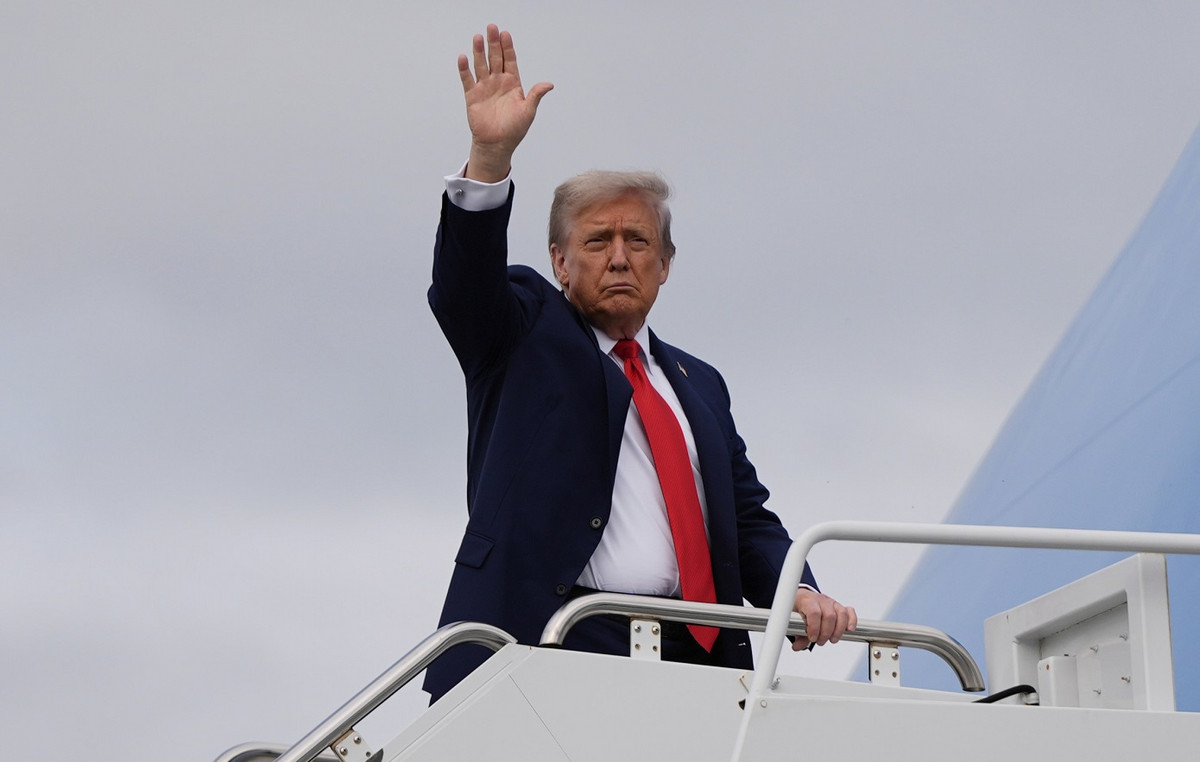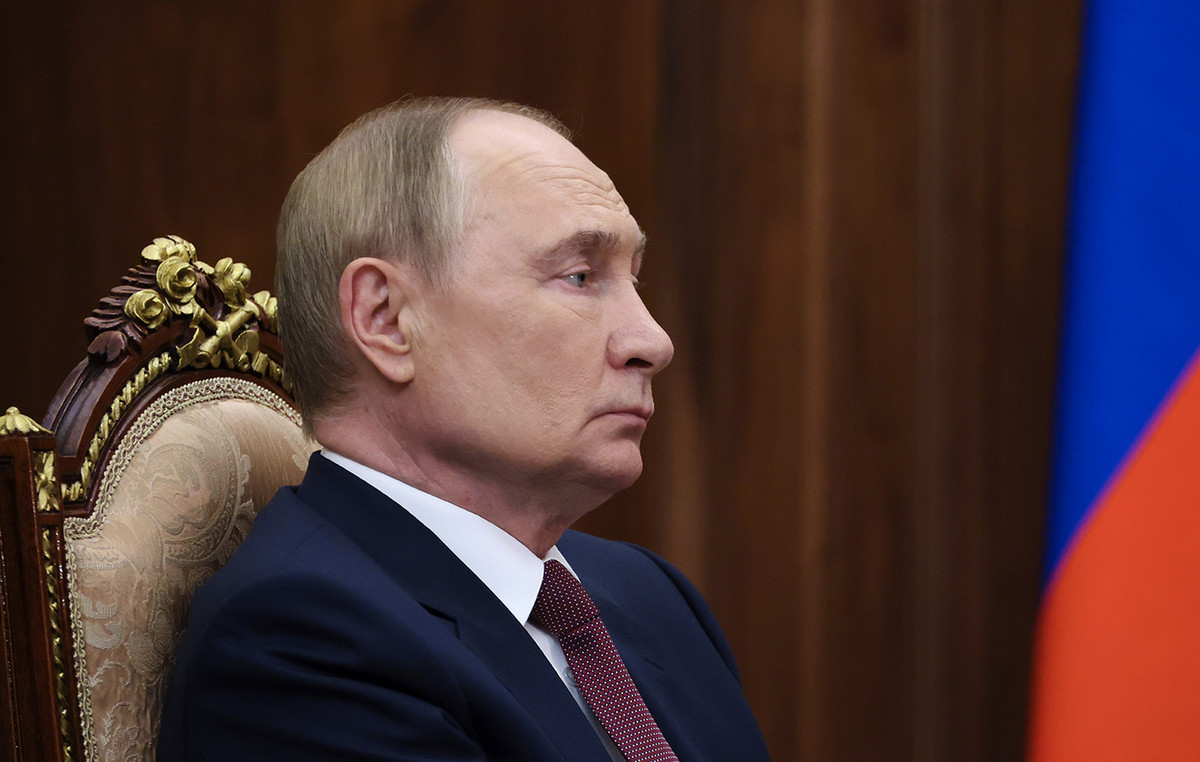The Russian propaganda machine also operates in Italy. The Copasir (Parliamentary Committee for the Security of the Republic), through an investigation carried out with the directors of intelligence and other institutions, has drawn a map of the alleged Italian network of Vladimir Putin, which includes parliamentarians, managers, journalists and lobbyists, and which aims to influence public opinion. It is a group that, through social networks (from TikTok to Instagram, from Telegram to Facebook, but also Parler and ExitNews), televisions and newspapers, takes sides against the politicians who support Kiev and supports Russia.
The investigation “on forms of foreign disinformation and interference, also with reference to hybrid and cyber threats” was started on May 4th and is still ongoing: new hearings, trips to Washington and Brussels and a report to Parliament are scheduled in the coming weeks.
In the meantime, however, there are already several names of pro-Persian active in Italy (the list was published by Courier). Among politicians, Vito Petrocelli, dismissed as president of the Senate Foreign Commission and expelled from the M5S. Among the journalists, freelance Laura Ruggeriwho writes articles in the pro-Russian magazine “Strategic Culture Foundation” and is the architect of a massive campaign against sanctions, the reporter Maurizio Vezzosi who told the war between Russia and Ukraine, the photojournalist Giorgio Bianchi to which the periodic reports of the security apparatuses attribute “aims of pro-Russian political-propaganda activism”. And, again, the professor of Sociology of Terrorism Alessandro Orsini, fired from Luiss University after his television appearances. They also appear in the list Claudio Giordanengodentist in 2019 candidate with the League; Manlio Dinuccipromoter of the “No War No Born” Committee; Alberto Fazoloeconomist and publicist who fought in Donbass and who supported the line of “neo-Nazi Ukrainians”.
Copasir’s goal is clarify a possible threat represented by Russia which, with propaganda, disinformation and fake news on media and social networks, would try to influence the debate on the war in Western countries.
Some of the people on the list, however, have already reacted to the allegations. The reporter Maurizio Vezzosi speaks of a “clumsy attempt to de-legitimize at any cost”, while the economist Alberto Fazolo of “compassion for the intelligence services forced to make some cialtronato”.
Source: Vanity Fair







